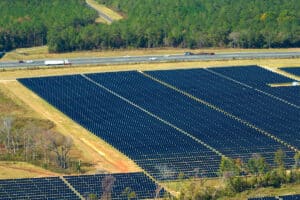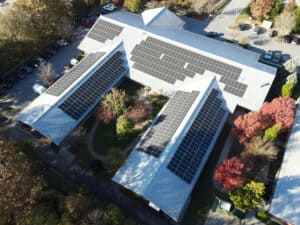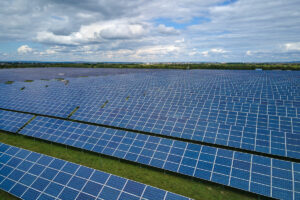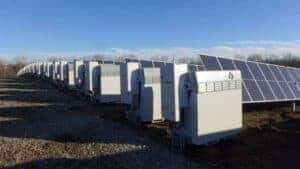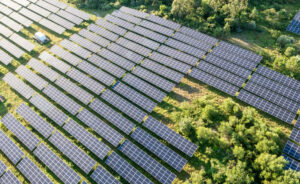In short, holistic energy management refers to a bottom-up, inside-out approach for energy solutions. Even though many business owners tend to favor one-shot, hardware-driven changes, this one-size-fits-all approach usually cannot provide an efficient energy solution. Therefore, business owners should pay attention to holistic energy management to increase their company’s energy efficiency.
What is Holistic Energy Management?
The definition of “holistic energy management” is pretty straightforward. According to Dexma, holistic energy management is “an inherently systematic approach to energy sustainability.” Every building serves a different purpose. As a result, the energy systems are different as well. This is the main reason why a one-size-fits-all approach doesn’t work.
According to a survey conducted by GreenBiz, 71% of the surveyed companies pursued energy projects to achieve greenhouse gas reduction goals. However, 88% implied that they would benefit more from a comprehensive energy approach. What’s more, 83% want better tools to gather and analyze relevant data. Obviously, a large number of companies, especially the larger ones, would like to take a more holistic energy management approach for their facilities if they could.
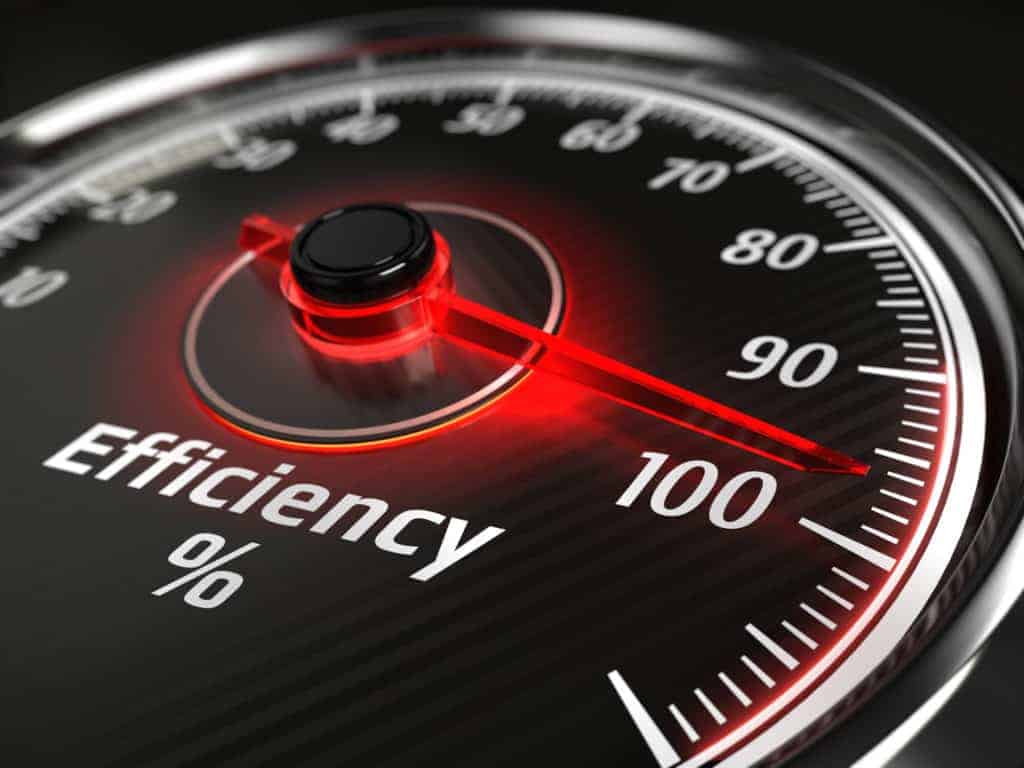
How to Start Holistic Energy Management?
Prism Engineering suggested 8 steps in adapting a holistic energy management:
- Get commitment: Getting commitment from senior level management can secure the success of the energy project. It is also necessary to inform the staff, community members, and stakeholders about the energy projects to get maximum support.
- Plan well: Identify energy efficiency opportunities and create a benchmark for monitoring future performance. A good plan also reinforces good communication among departments that are involved in the energy plan.
- Integrate energy management into the organization: Link energy management practices with all programs, departments, and systems of the company. This allows energy management to seamlessly fit into the company’s overall corporate strategy and culture.
- Develop energy projects: When it comes to the technical part, it will be helpful to conduct a full energy audit before starting the project to get an overall idea about the energy efficiency of current energy systems. Then, an energy service company will provide you with a holistic energy management plan.
- Deal with the financial part: There are many options to fund your energy project. Keep in mind that in order to get the tax and rebate benefits, you need to fill out certain forms in advance to qualify.
- Train employees: If employees don’t know how to use the new energy system, it will be useless. Thus, employers should equip employees with enough knowledge and skills to properly manage and maintain the new energy systems.
- Increase awareness and change company culture: Educating employees about the new energy systems can also remind them of the importance of energy efficiency. Getting them on board and harnessing the power of small daily behavioral changes can influence surrounding people to become more environmentally aware.
- Monitor, target, and report: The process of monitoring, targeting, and reporting must go beyond mere data collection. Detailed analysis and reporting can keep key decision makers informed about the result of energy management projects.
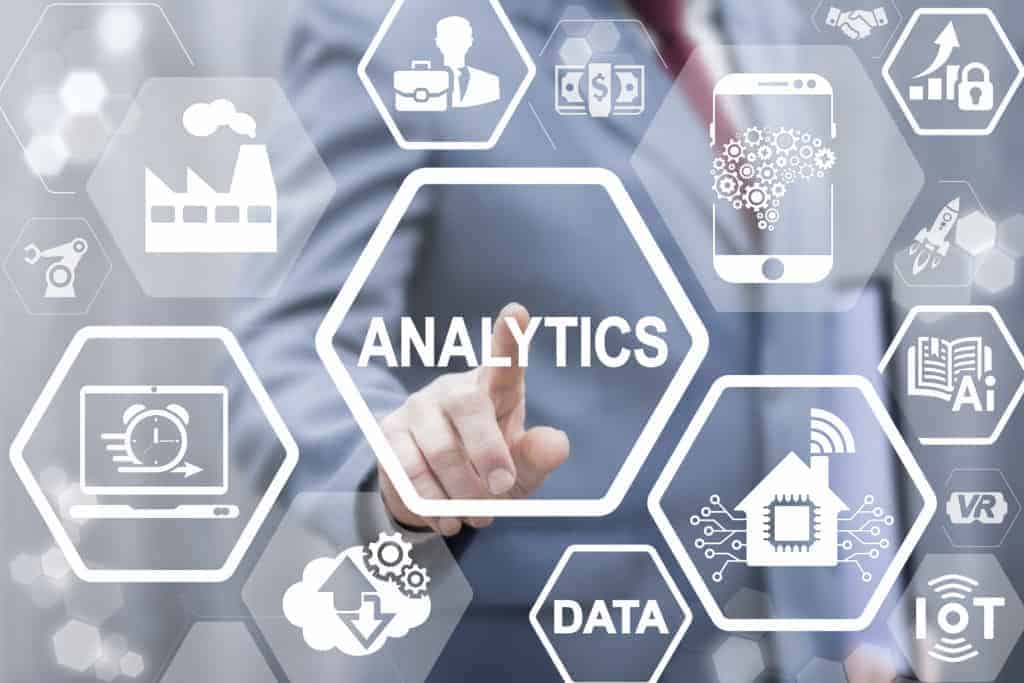
Where does Renewable Energy fit?
There are many types of energy management solutions, including solar energy, HVAC systems, LED lights, battery storage, boiler systems, daylight harvesting, destrat. Fan, thermal energy, automation systems etc.
A holistic energy management plan usually involves both renewable and non-renewable energy approaches. Most of the time, even though you have a perfect energy plan, the ROI still won’t happen until a few years later; it is primarily a long-term financial strategy. So, decision makers need to think about the entire energy management thoroughly before making the decision.
But no matter what, having a holistic mindset toward energy management can always benefit the company and help its continual improvement. The long-term financial benefits of taking such an approach can be substantial.

